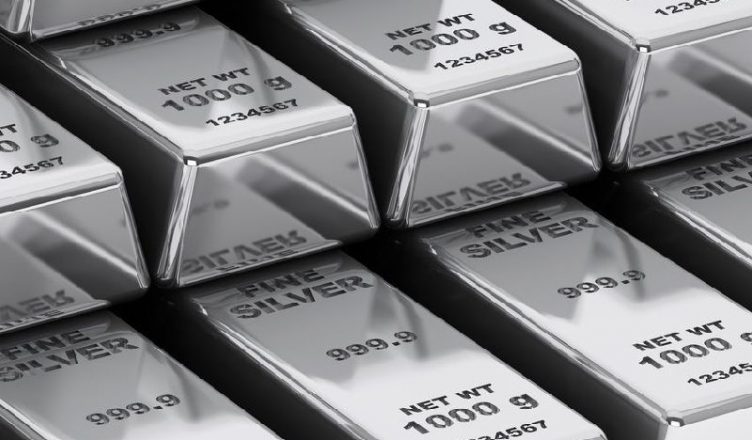Financial and economic turbulence around the world has caused people to become wary of stocks and bonds. They are now turning to more tangible assets such as silver bullion and other precious metals. Since there is only so much available in the world, they are sought-after commodities.
Gold bullion bars and coins seem to get more attention. But both gold and silver have been considered valuable enough to be used as currency for thousands of years. Being used as legal tender throughout history has given gold and silver a gravitas among investors. As silver has stood the test of time, it reassures investors their wealth will be protected into the future. So, silver investing should be just as high as gold on your investment priority list.

Most major investors diversify their portfolio with a range of precious metals, and silver ranks up there for a number of reasons:
- Silver is more affordable than gold
Silver bullion is less expensive than gold, so you can buy more for less. Being more affordable means silver is more accessible to a wider range of investors. This also means it’s more versatile, allowing investments to be broken up and liquidated more easily.
- Silver is in high demand
Silver may not seem as attractive as gold because its price tends to be lower. But this is merely a reflection of the fact that there’s more of it available.
Just because silver is more abundant than gold, doesn’t mean it’s not as lucrative as an investment. Silver has high demand. Especially when the US and Royal Canadian Mints run low on supplies. Rationing or even suspending the sale of silver and silver coins has been known to occur. So, silver prices being lower than gold provides opportunities for investors looking for bargains to profit.
- High silver demand increases prices
The laws of supply and demand apply for silver as with other commodities. As high demand forces supplies to diminish, silver prices increase. Silver prices are also influenced by futures and options contracts, or “paper” silver. Be sure you have a good understanding of how prices are determined and all the factors involved before purchasing any silver bullion.
- Silver offers impressive returns
Silver bullion is worth about 1.25% of the value of its gold equivalent. So, more substantial percentage gains are much more possible. For example, the period from 2008 to 2011 was notable for the appreciation in gold prices. Nevertheless, silver prices saw a 448% increase in value while gold saw a 166% increase.
- Silver investing is anonymous
Certain investors prefer little to no governmental oversight on their investments. Most financial products and instruments are governed by regulatory bodies of some sort, but not precious metals. Like cash, silver and other precious metals can be bought, sold, stored, and transported privately. This is one of the most appealing traits of precious metal holdings when you’re looking to guard your privacy.
- Silver investing is a long-term strategy
Silver, like all precious metals, is meant for a long-term investment strategy. Silver bullion, like gold bars and coins, sees substantial value increases over decades. It’s an investment you want to hold onto for as long as possible. As new silver gets harder and harder to locate and mine, your holdings will only increase in value. Especially when you consider that the nature of the market discourages rapid price changes except in the most extreme conditions.
Conclusion
Silver is like gold in its standing as a reliable, reputable commodity that helps investors protect their wealth. Silver has a long history of being valued, reassuring investors through the most turbulent of times. Its many benefits are proven and time tested, and investors around the world continue to buy silver bullion bars and coins to bolster their investment portfolio.
Don’t overlook silver when planning your investments. It’s a reliable safe haven for your wealth.
About the author:
Joshua Rotbart (LLM, MBA) is a Founding Partner at J. Rotbart & Co. and a world-renowned expert in assisting those wishing to buy, sell, ship, and store physical precious metals. Joshua works with family offices, independent financial advisors, and high-net worth individuals to discreetly and sensitively provide tailored solutions for their precious metals needs.

